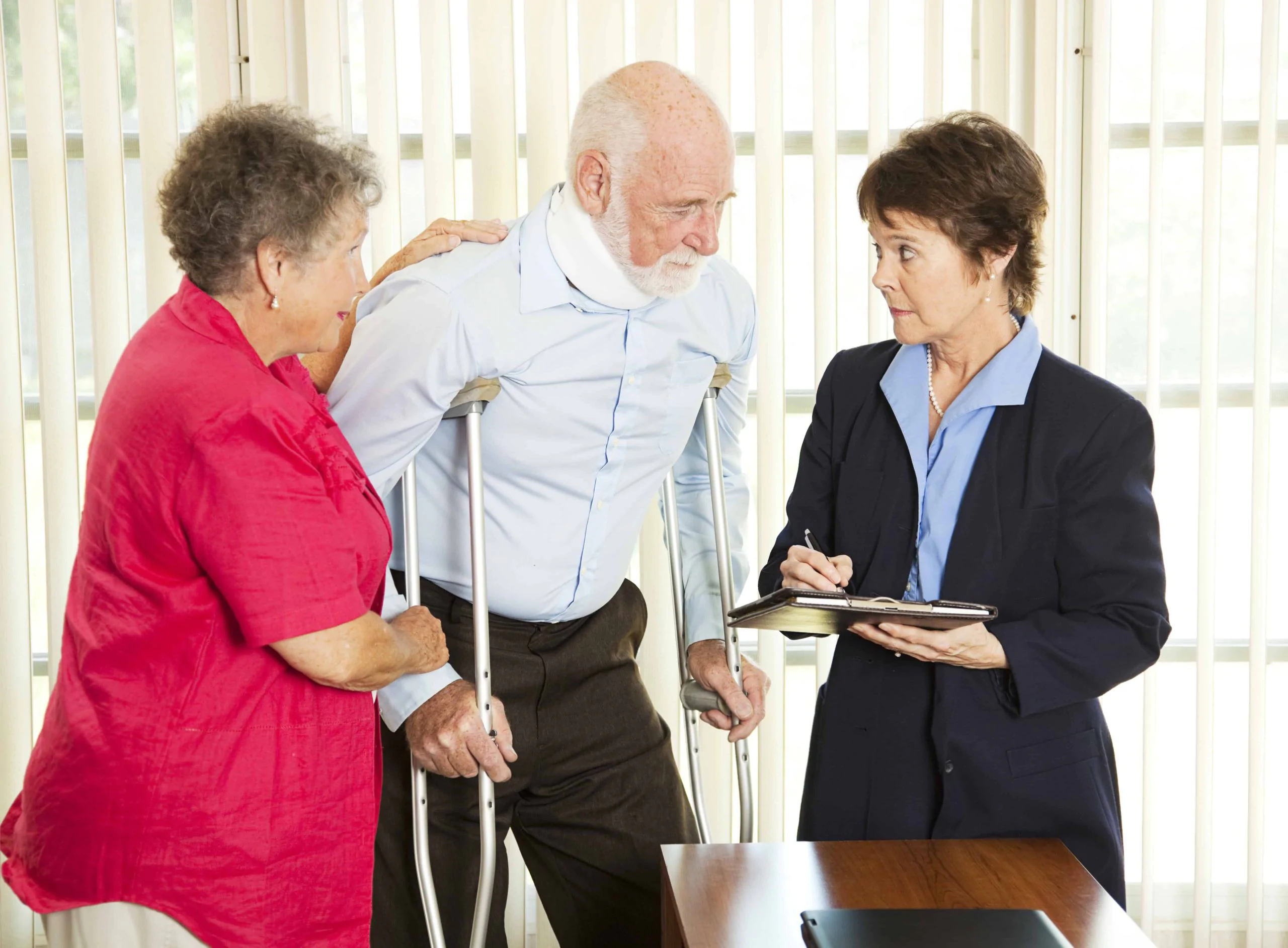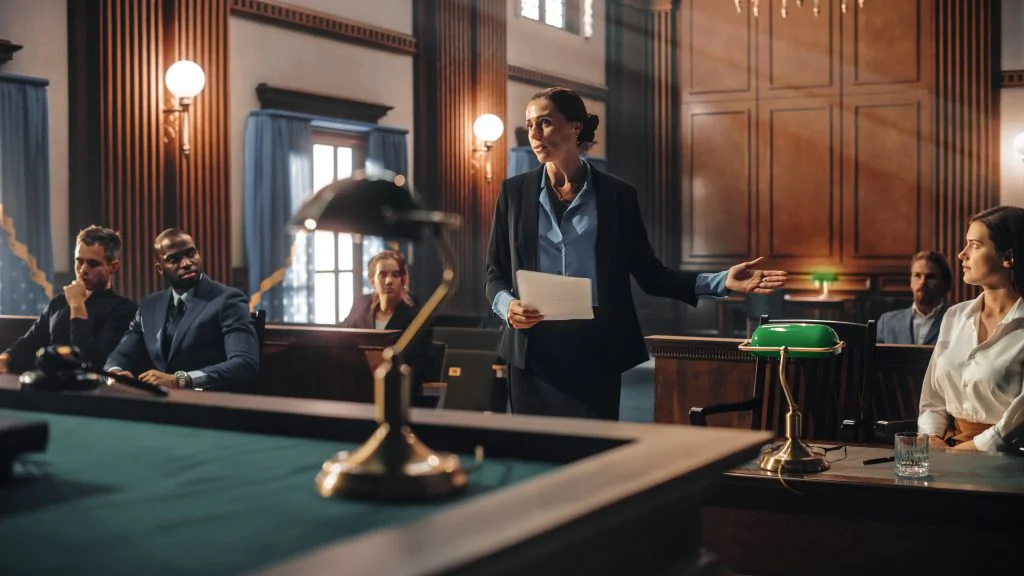Hiring a lawyer soon after an injury can make a big difference in any case you may later have. The expertise and skills of a personal injury lawyer will impact the outcome of your claim and influence the compensation you receive. Read on to learn how to learn more about hiring a personal injury lawyer who will act in your best interest.
What to Look for In a Personal Injury Lawyer
It’s important to understand the importance of of your lawyer being experienced with your particular injury. For instance, if you’ve sustained an injury from a dog bite, you’ll want a lawyer with years of experience practicing dog bite law.
Experience and Qualifications
It’s important to understand the importance of of your lawyer being experienced with your particular injury. For instance, if you’ve sustained an injury from a dog bite, you’ll want a lawyer with years of experience practicing dog bite law. This seems obvious, but you may feel tempted to quickly choose a lawyer in order to start the process. Make sure your lawyer has a proven record of success for cases like yours.
Again, it may go without saying, but make sure your attorney is licensed in the state you will file your claim. Without in-state licensure, you will be unable to take your claim to trial. This will put you at a disadvantage while negotiating with insurance companies.
Good Reputation
In addition to having experience with specific laws, be sure to hire a lawyer willing to go to trial for you. A lawyer’s notable reputation with the court can improve the chance of a higher settlement, and can help you avoid trial if necessary. When insurance companies know they are negotiating with an experienced trial lawyer, they are often more willing to settle out of court.
There are sources available to you to help research a lawyer’s qualifications and reputation. One way to assess a lawyer is by reading reviews written by another lawyer. There are databases that allow legal professionals to peer-review their colleagues, including:
- The Martindale Bar Registry prides itself with “a demonstration of the highest professional and ethical standards. Here you can read biographies and reviews in a system established by lawyers for lawyers across the country.
- Best Lawyers is another list of peer-reviewed and recommended lawyers. This website highlights lawyers deemed “the best by their colleagues. You can filter your searches by practice area, specialties and peer-nominations.
Another reliable source would be to ask the lawyer in question about their reputation. Start by asking how many of their cases are referrals from other lawyers. The confidence demonstrated by one lawyer referring a client to another lawyer is important. You can also start by asking other professionals you might know, even if they don’t handle personal injury. A good legal professional will only endorse colleagues they trust and respect.
Compatibility
Being nice and personable does not make someone a good lawyer. Likability should not be the only basis for your decision. However, you should look to hire a lawyer you find competent and feel comfortable with. It would be a disservice to hire a lawyer who isn’t sensitive or compassionate towards your situation.
The last thing you want is to feel misunderstood during the stress of negotiation and litigation, especially if still recovering from your injury. Don’t select a lawyer who compromises your needs or feelings. To do this, make sure you investigate his or her office to understand what it means to work with that firm. Much like any workplace, each firm is different, and you’ll want to understand how their office functions. Some questions to consider while evaluating your options are:
- What does communication between office and client look like?
- Does this office take every case?
- Will your case receive the attention it deserves?
- Who will work on your case? How much time does the lawyer spend on a case, as opposed to support staff and paralegals?
It’s important to voice your concerns and questions if you hope to move forward through the process with ease.
Questions to Ask Potential Lawyers
How does your firm handle case expenses and financial resources?
Many personal injury lawyers offer a contingent “no recovery, no fee agreement, meaning you will only owe the attorney a fee if you win your case and are compensated. However, not many people are aware of other case expenses separate from attorney fees. These expenses can include court reporter fees, expert witness fees, and charges for obtaining medical records and reports.
These fees are handled differently by different law firms. The expenses can range from $5,000 to $50,000 depending on the case. For instance, a typical car accident case would have less expenses than a catastrophic construction injury. The way a firm handles these fees is based on their financial resources and policies.
Clients may be expected to pay all or most of the expenses, either up front or throughout the case. Other law firms cover all expenses and are later reimbursed if and when there is a financial settlement. Use this time to ask if the lawyer has the financial resources to properly fund your case all the way to trial, if necessary. Lacking financial security from the firm can mean corners will be cut at your expense or there will be pressure to accept an inadequate settlement.
Ask the lawyer what happens to the expenses if the case is lost. Their policy may state that the client is responsible to pay back the firm. Some lawyers won’t require reimbursement if the case is lost. Don’t be afraid to ask this question. You have the right as a potential client to be informed of your options.
Is this lawyer a member of any legal organizations or professional affiliations?
Organizations have been created for lawyers devoted to representing victims of personal injury. Members of these organizations advocate for the rights of injured victims and are passionate about continuing education. An example of one is the American Association of Justice.
Ask if the lawyer is board-certified by the National Board of Trial Advocacy. This certification recognizes trial lawyers with certain expertise and specializations. Applicants must have courtroom experience and pass a day-long exam to achieve board-certification.
There is nothing stopping you from hiring a lawyer who doesn’t belong to these organizations but you should consider all the information available in making your choice.
Red Flags for Injury Lawyers
Don’t choose your lawyer based solely on advertising. It is not uncommon for lawyers to accept a large volume of cases just to settle quickly to reduce their costs. If their marketing seems too good to be true, it probably is.
Eager Solicitation Letters
Be wary of lawyers who solicit their services after your accident. Many lawyers source accident reports and will research and contact you. It’s not uncommon to receive mail from several different firms after an accident. These firms rely on a high volume of quickly-processed and concluded cases. Their goals may be to improve their success rate, not maximize a client’s compensation.
Boasting Typical Services
Remember that almost every personal injury lawyer offers a contingency agreement. This means that you will not be charged a fee unless you win in court or successfully settle. Many lawyers will make this offer, including a free initial consultation. Understand that this is not out of the ordinary, don’t select a lawyer based on these offers alone.
Making a Decision
Remember that experience and qualifications do not compensate for personality and compatibility. A good connection between you and your legal team is essential. At the same time, you must put in the work to research your options in order to be fully confident in your decision. Deciding on your personal injury attorney is a personal decision that takes careful consideration.
Contact Sobo & Sobo to begin your search for the reputable personal injury lawyer that’s right for you.




